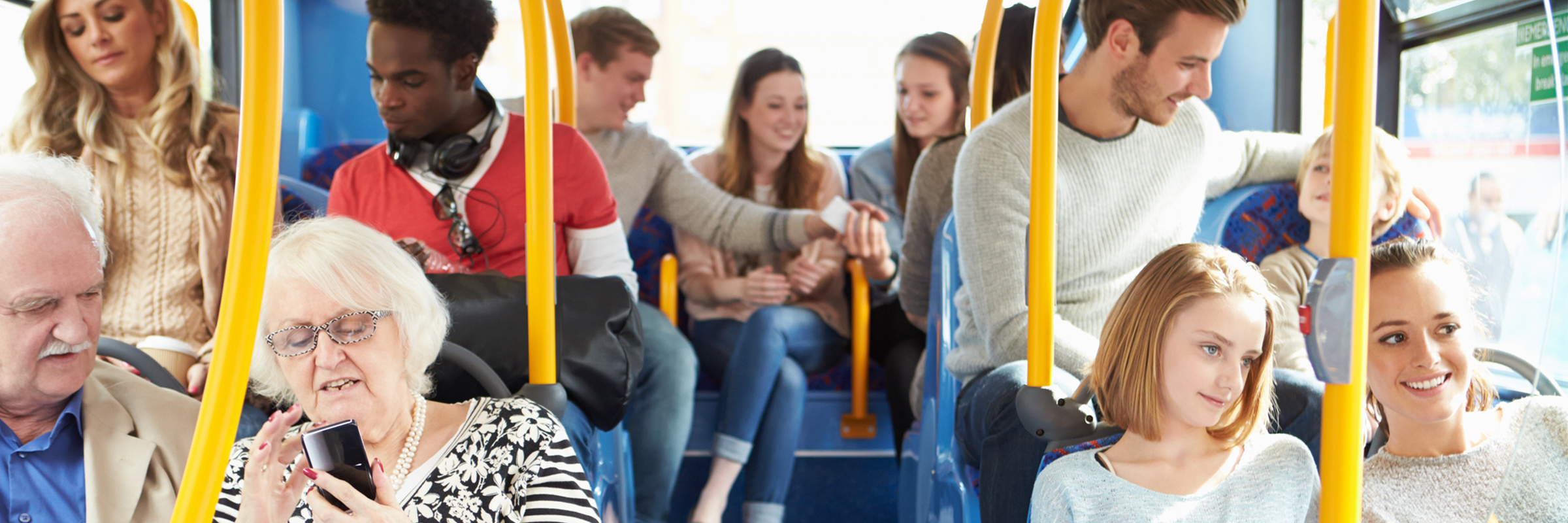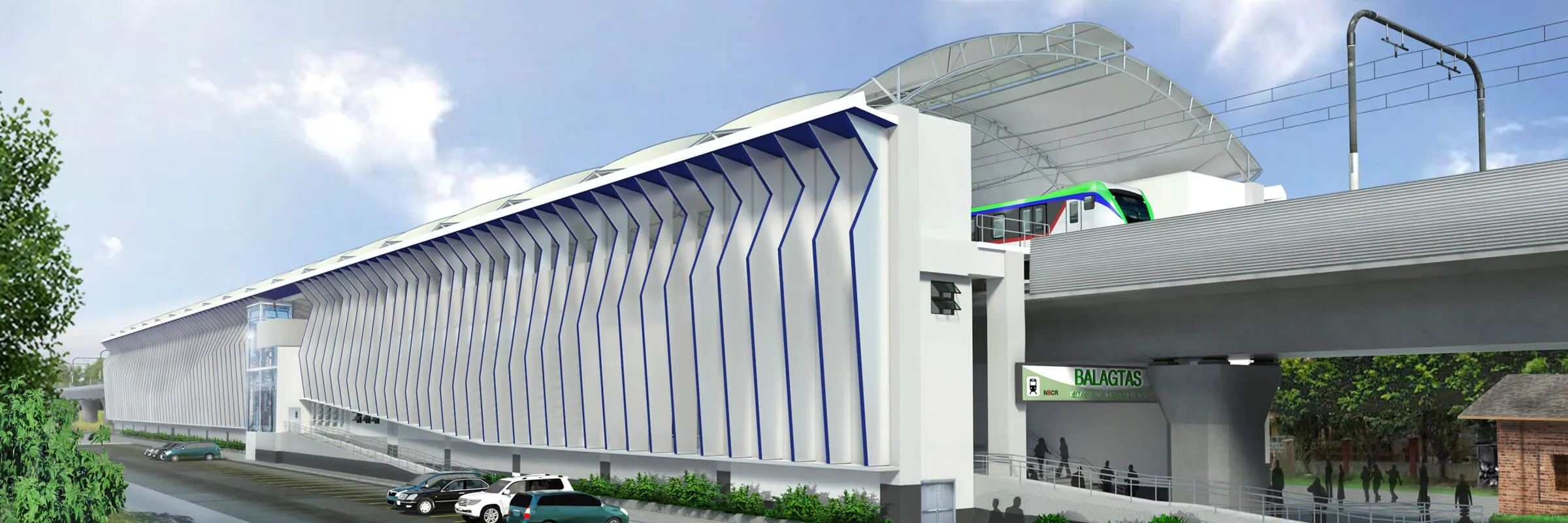
Q: Describe the role and importance of effective community engagement and social value in delivering sustainable and efficient transport networks?
A: Transport exists for people – to help us get around, whether for work, leisure, visiting family, or for other purposes. Good transport networks can significantly enhance our quality of life and wellbeing – building social value as well as economic value. As transport users, we all know how frustrating and stressful it can be when transport lets us down, or conversely how beneficial it is when transport works well.
So, to truly understand what differentiates a sustainable and efficient transport network from an unsustainable and inefficient one, we need to integrate people’s lived experience of transport systems and alternatives. And to truly understand lived experience, we need to empower people and communities to engage in dialogue on their visions, needs, and local insights on how transport can work best for them. This is the role and importance of meaningful community engagement.
Q: What are the potential risks of neglecting community engagement and social value considerations in transport planning, and how can these risks be mitigated to ensure the long-term success and of sustainable transport networks?
A: Local communities are the users of their transport systems. They might not have specialist technical knowledge about road or rail construction, but they know what works for them and what doesn’t work. If we ignore these insights, we risk overlooking critical information to help us design systems that work for people and build social value. We also risk alienating communities from the decision-making process, which has been shown to erode broader trust in government and the planning system. We saw these kinds of challenges with the Sydney CBD and South-East Light Rail, for example, where small businesses and neighbouring residents felt their views, concerns, and livelihoods were ignored during the long construction phase. We know we can do better.
Thankfully, we can reduce this risk simply by adopting a more participatory approach to transport planning and prioritising early community engagement. In practice, this means a process where technical specialists and local communities work together, combining different forms of knowledge to achieve the best outcomes. Sometimes this can be hard, especially if people initially seem to have different goals and use different terminology. The key is to find common goals towards which we can collaboratively design outcomes. At the same time, conversations between these different types of ‘expert’ naturally builds mutual respect for each other’s form of knowledge.
By prioritising community engagement and social value considerations, we can not only reduce risk but also build public support and create sustainable networks and solutions that benefit the community and environment in the long term.

Q: What do you think the future holds for socially sustainable transport and what does ‘Modern Australia’ look like to you?
A: We expect to see communities, at least in urban areas, increasingly rejecting the dominance of roads and embracing pedestrian and bicycle-friendly neighbourhoods, in turn supporting better public health outcomes. We know that bitumen and concrete increase ambient temperatures, making daily life ever more uncomfortable as the planet heats. This disproportionately affects our most vulnerable communities. Private cars also disconnect us from each other, diminishing community cohesion. We’ve all seen how people can behave differently – literally ‘anti-socially’ – when ensconced in the apparent solitude of their own vehicles. Socially sustainable transport is consistent with environmentally sustainable transport – it means fewer short car journeys, more car sharing, and replacement of private transport with public transport. It also incorporates universal design principles to enable people of all ages, abilities, and social groupings to access transport options that work for them.
Envisioning the future of transport in Australia also offers us a unique opportunity to embrace our cultural strengths. We have multicultural communities that can bring different ideas and perspectives on what works at local, state and territory, and national levels. Most importantly, though, we have First Nations perspectives that for too long have been ignored, yet which can provide uniquely tailored solutions for sustainable transportation across our beautiful landscapes.
About the Authors

Dr Richard Parsons, Technical Principal – Social Value and Engagement
Richard is recognised internationally as a leader in social impact assessment (SIA), social licence, and community engagement, and has worked on over 100 projects in multiple sectors, including energy, mining, transport, and infrastructure. His focus is on optimising social and cultural outcomes from projects, designing for distributive equity, and ensuring procedural fairness in SIA and engagement.
From 2016-22, he led the technical development of policy and practice for SIA and social impact management for New South Wales (NSW) Department of Planning and Environment. He also writes extensively for professional and academic publications, and actively participates in industry events.

Alyse Phillips, Team Leader – Communications and Stakeholder Engagement, ANZ
Alyse has nearly 12 years’ experience providing strategic communication and engagement advice and services to clients such as Transport for NSW, WaterNSW, NSW Department of Planning and Environment, Sydney Trains, Australian Rail Track Corporation, Sydney Water and Department of Defence.
Alyse prides herself in her ability to tailor communication and engagement strategies and plans to suit specific projects and objectives.
Alyse is fortunate to be a participant in the in the 2023 cohort of the Cultivate Sponsorship Program at SMEC, a program supporting advancing high-performing women’s careers through providing executive level mentorship, access to new opportunities, knowledge sharing and learnings.




